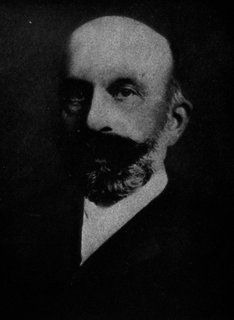A Quote by Iris Murdoch
We need a moral philosophy which can speak significantly of Freud and Marx and out of which aesthetic and political views can be generated. We need a moral philosophy in which the concept of love, so rarely mentioned now, can once again be made central.
Related Quotes
We are now returning to the 18th century empirical approach with the new interest in the evolutionary basis of ethics, with 'experimental' moral philosophy and moral psychology. As a result, we understand better why moral formulas are experienced as ineluctable commands, even if there is no commander and even if the notion of an inescapable obligation is just superstition. So moral philosophy has made huge progress.
I would say to anybody who thinks that all the problems in philosophy can be translated into empirically verifiable answers - whether it be a Lawrence Krauss thinking that physics is rendering philosophy obsolete or a Sam Harris thinking that neuroscience is rendering moral philosophy obsolete - that it takes an awful lot of philosophy - philosophy of science in the first case, moral philosophy in the second - even to demonstrate the relevance of these empirical sciences.
It is paltry philosophy if in the old-fashioned way one lays down rules and principles in total disregard of moral values . As soon as these appear one regards them as exceptions, which gives them a certain scientific status, and thus makes them into rules. Or again one may appeal to genius , which is above all rules; which amounts to admitting that rules are not only made for idiots , but are idiotic in themselves.
It is an assumption that there is always one single dimension for assessing persons and their actions that has canonical priority. This is the dimension of moral evaluation; "good/evil" is supposed always to trump any other form of evaluation, but that is an assumption, probably the result of the long history of the Christianisation and then gradual de-Christianisation of Europe, which one need not make. Evaluation need not mean moral evaluation, but might include assessments of efficiency, ... simplicity, perspicuousness, aesthetic appeal, and so on.
You do just have to go back to moral philosophy and you've got to say, okay, there is greed, people do want more and more, but then what restrains them and what restrained them in the past was a view of life in which one's satisfaction wasn't the most important thing, that you just, you needed enough and you could say, "Enough is enough." Maybe religion will get you there, maybe just classic moral philosophy, but you have to have some of that, or else you're always on the gravy train.
Words of divine consciousness: moral exaltation; lasting feelings of elevation, elation, joy; a quickening of the moral sense, which strikes one as more important than an intellectual understanding of things; an alignment of the universe along moral lines, not intellectual ones; a realization that the founding principle of existence is what we call love, which works itself out sometimes not clearly, not cleanly, not immediately, nonetheless ineluctably.






































